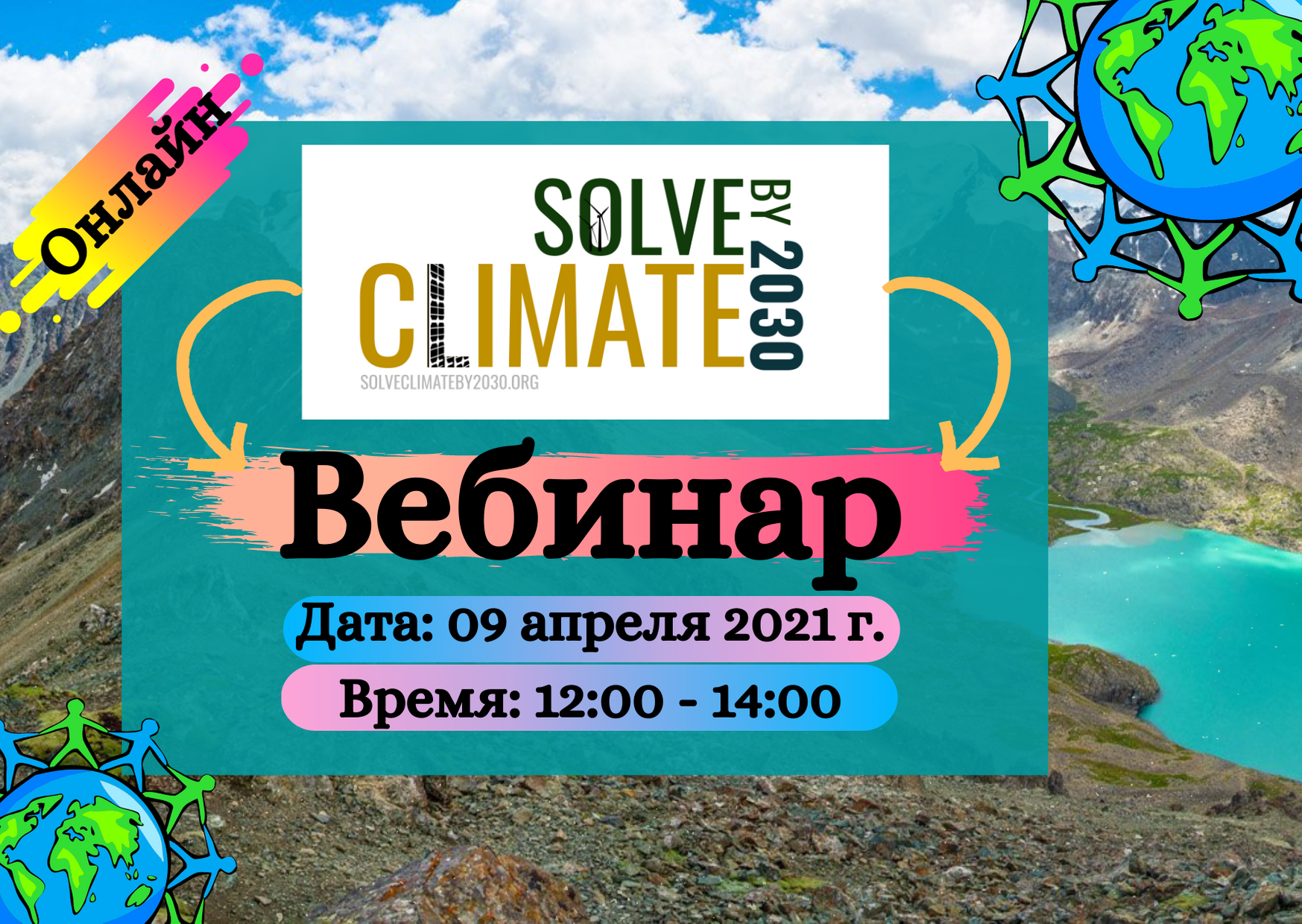April 2, 2021
It has been a long Covid-19 year for teachers and students. Meanwhile, the planet kept getting hotter, with 2020 tying for the hottest year that humans have ever experienced. Yet it is likely that 2020 will be one of the coolest years in the next 100 unless we change course quickly. As we head into Earth Month (or April), how can educators engage students with this critical issue?
This spring, the �山ǿ�� is helping overworked teachers, from every subject, bring climate change into the classroom. This opportunity is not just for environmental science classes. Climate change touches every discipline: psychology, political science, engineering, literature, natural science, art, communication, music, economics, philosophy and more.

On April 9, along with more than 100 universities around the world, UNIVERSITY is hosting an interactive webinar with three top . experts on climate solutions and climate justice from COUNTRY OR STATE. The webinar discussion will focus on big, ambitious things that we can do right here over the next year to help solve climate change, while also creating much-needed jobs and responding to societal injustices as we recover from Covid.
Teachers can use the webinar to #MakeClimateAClass by assigning it as homework. Then there are one-page Teachers Guides available to lead a one-class period discussion about climate change from the perspective of your subject area. The Guides, for over two dozen different disciplines, have been developed by a global climate education project based at Bard College in New York.
The April 9 webinar features:
-A framework for thinking about urban water and climate change – Seth Fearey, Associate Professor, �山ǿ��.-The impact of climate change on urban water systems in Bishkek/Kyrgyzstan – Zoya Kretova, Project Development Specialist, BIOM.
-Urban Drinking Water system and issues – Jumadil Egemberdiev, CJSC «Shoro».
-Urban Irrigation systems feeding our trees, parks and gardens – Dmitry Vetoshkin, Archa Initiatives.
-Call to action for students – petition teachers to make climate a class, challenge each other to reduce water waste, create video for Bard - Mira Dzhakshylykova (�山ǿ�� student), Meerim Seydakmatova (student of KNAU named after Skryabin), Kunduz Adylbekova (Archa Initiatives).
The speakers will talk about concrete solutions to climate change, from 12:00 to 2:00 PM on April 9, and take questions from the audience.
After assigning,ng this overview of climate solutions as homework, artists can talk with their students about effective climate imagery; literature professors can talk about Climate fiction (cli-fi); psychology teachers teach about climate anxiety and denial, and business professors discuss how companies can help drive climate solutions.
Register following the link:��
��